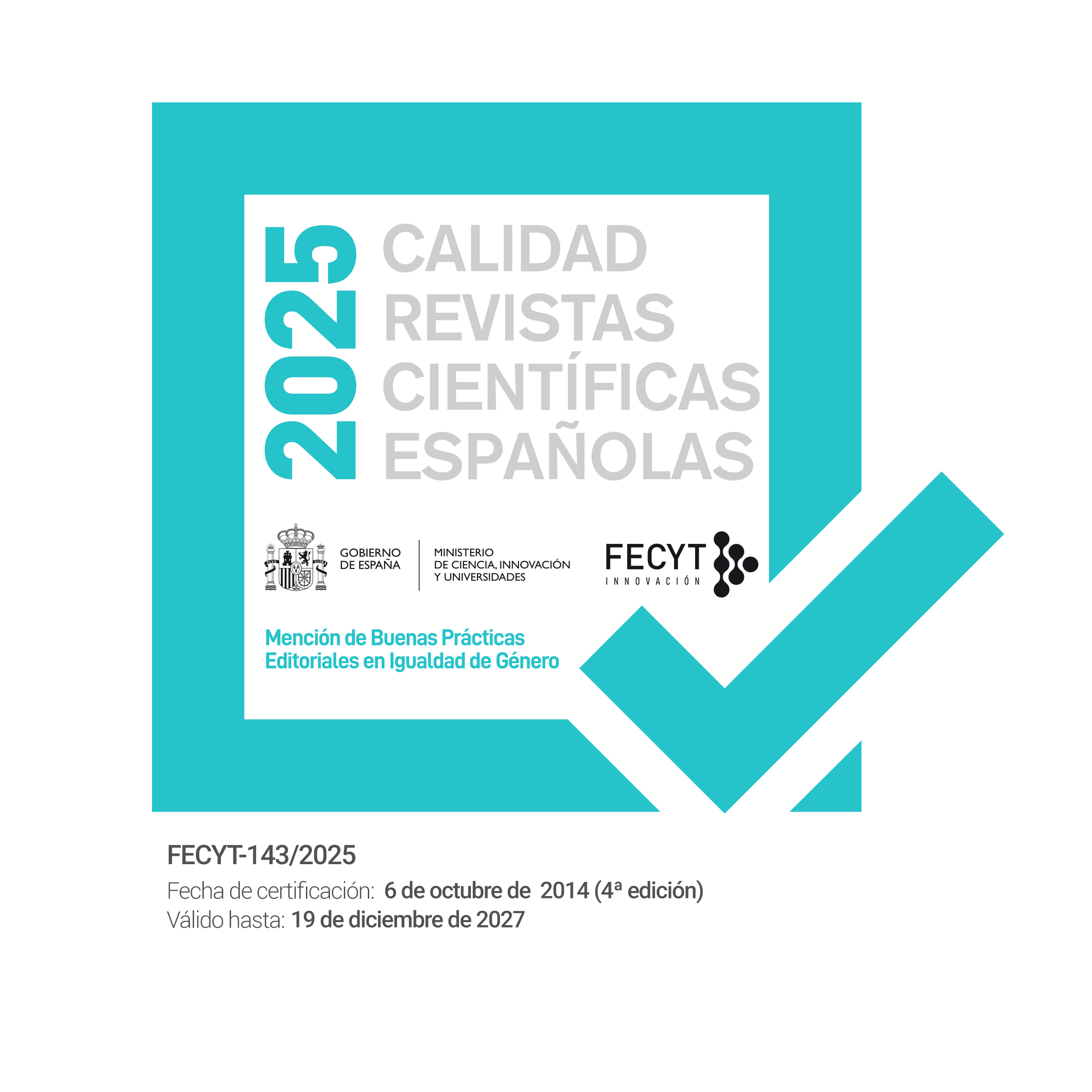COMPARING THE EFFECTS OF TWO TYPES OF OUTPUTPUSHING FEEDBACK ON ADULT EFL STUDENTS’ ORAL ACCURACY
Keywords:
oral corrective feedback, EFL, speaking, metalinguistic feedback, elicitationAbstract
Despite growing evidence that providing immediate oral corrective feedback can help second language students speak more accurately, the way in which feedback should be given remains controversial. While a great number of studies support the use of recasts, authors such as Lyster and Saito (2010) claim that output-pushing feedback could be more beneficial for classroom learners. However, few studies have attempted to tease apart the effects of separate output-pushing feedback-types or prompts, which is why the present small-scale study compares two kinds of prompts; metalinguistic feedback and elicitation.
Two groups of intermediate university students (n=31) received either elicitation or metalinguistic feedback while carrying out communicative speaking activities. A statistical analysis of students’ gain scores from pre- to posttest shows that metalinguistic feedback had greater effects on students’ accuracy, although these were not significant. Metalinguistic feedback was also much more successful at helping students correct their errors during the classroom intervention.
Downloads
Downloads
How to Cite
Issue
Section
License
El Grupo de Investigación “La lengua inglesa en el ámbito universitario” HUM-397 conserva los derechos de copyright de los artículos publicados y permite la reutilización de los mismos bajo licencia Creative Commons: Creative Commons Atribución-NoComercial-SinDerivar 4.0 Internacional: se pueden copiar, usar, difundir, transmitir y exponer públicamente los artículos mencionados, siempre que (a) se cite la autoría y la fuente original de su publicación, (b) no se usen para fines comerciales, (c) no se creen obras derivadas mediante su transformación, (d) se mencione la existencia y especificaciones de esta licencia de uso.








